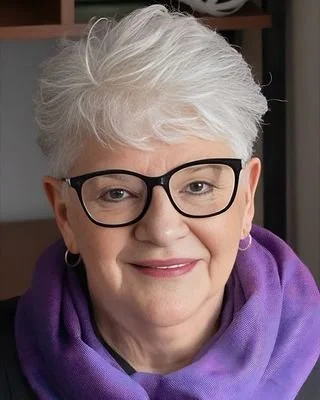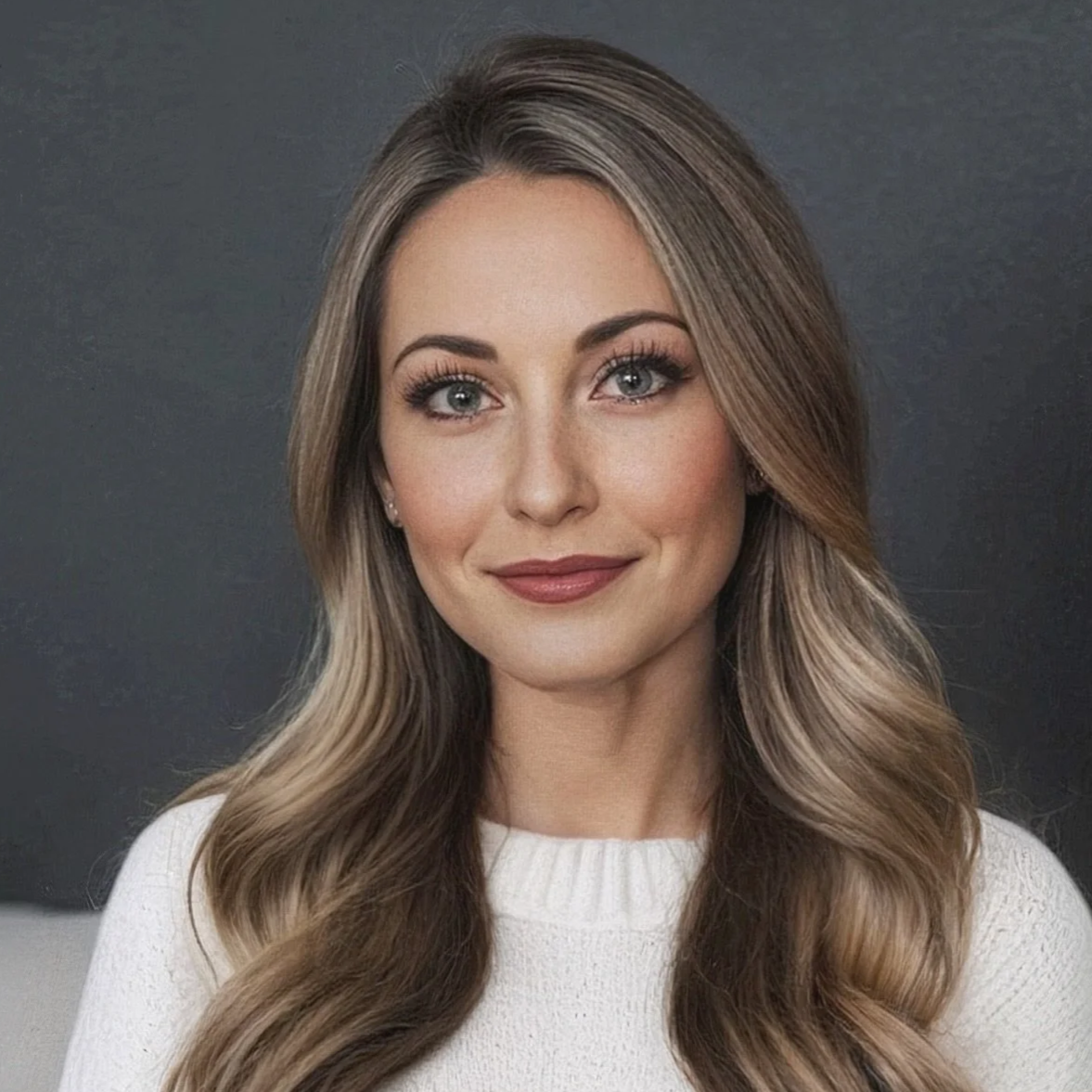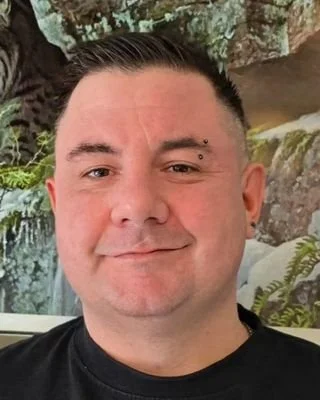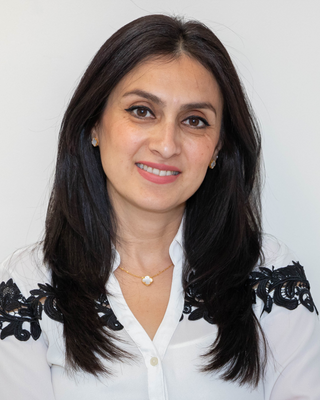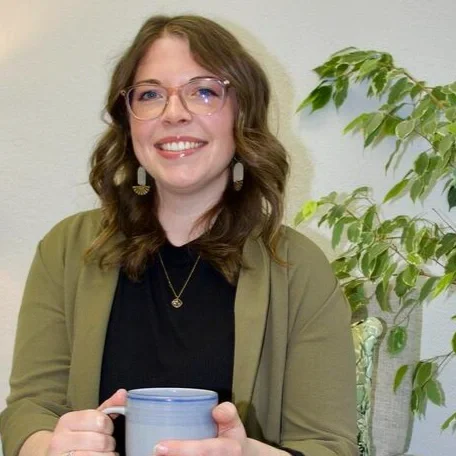

our team at the co-lab
At the co-lab, we’ve intentionally built a highly skilled and values-aligned team of professionals who show up with both deep expertise and genuine care. Whether you’re a family seeking meaningful support or a colleague referring a file, you’ll find a team defined by compassion, clarity, and clinical precision.
Our practitioners are experienced in supporting vulnerable populations, managing risk, amplifying children’s voices safely, and guiding families through some of their hardest moments with steadiness and respect. We understand the emotional, relational, and legal complexities that can arise—and we meet each situation with calm, skill, and thoughtful support.
Our collective includes counsellors, mediators, coaches, child specialists, trauma-aware clinicians, and family law professionals. With backgrounds spanning mental health, family law, conflict resolution, child and youth services, psychology, and systems-informed practice, our team offers comprehensive, nuanced, and deeply human support.
All of our professionals are educated at the masters-level at minimum, and hold significant training as well as experience working with complex family systems.
Every member of the co-lab is selected not only for their professional excellence, but for their capacity to show up with warmth, curiosity, and respect. We work from a trauma-aware, consent-based, anti-oppressive, and neuro-affirming framework so that every family is met with integrity, safety, and dignity. Our approach is collaborative and child-centric, focused on reducing conflict, strengthening connection, and fostering meaningful, sustainable change.
No waitlist. Easy scheduling. Appointment reminders. Sliding scale available



